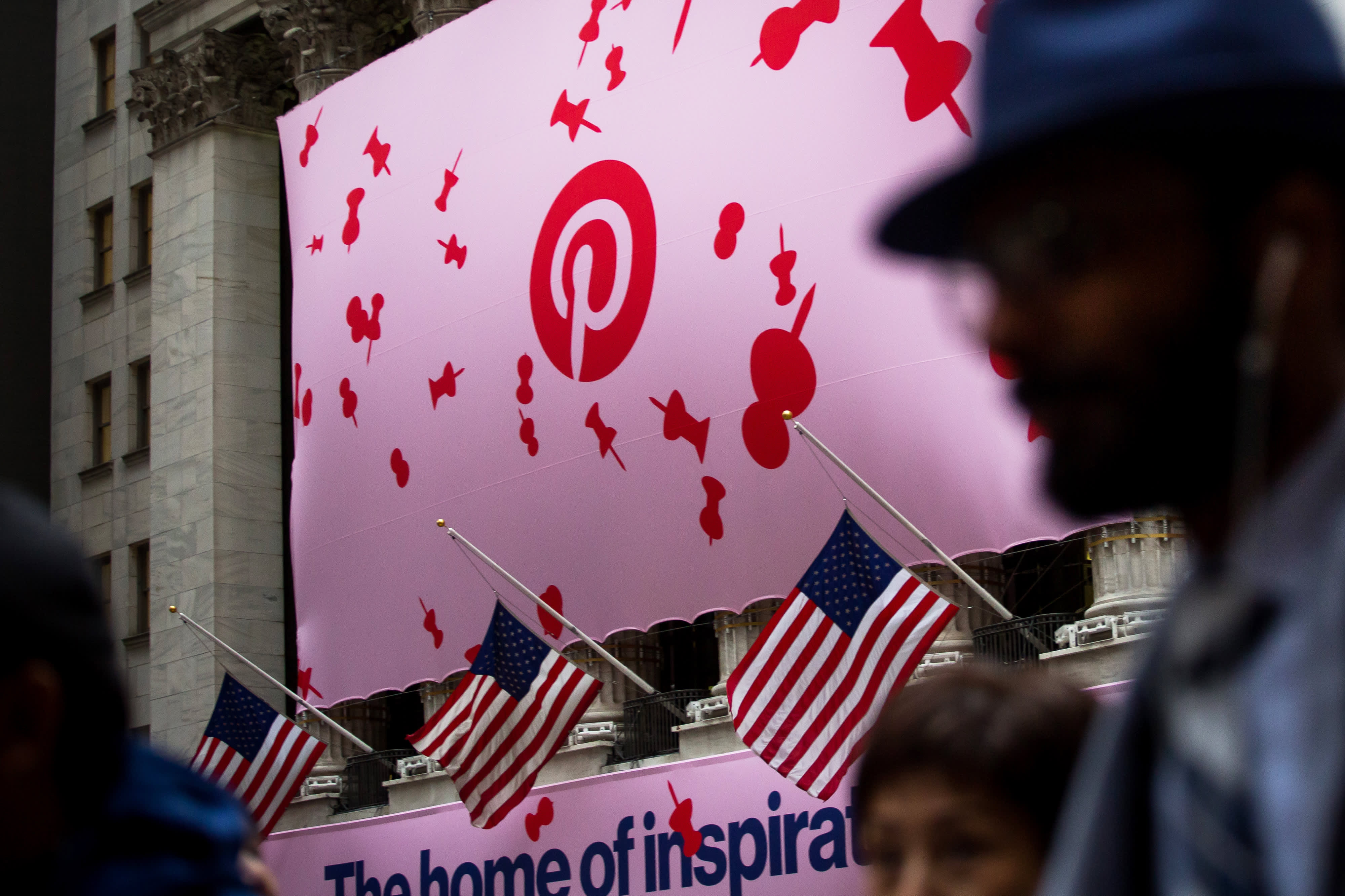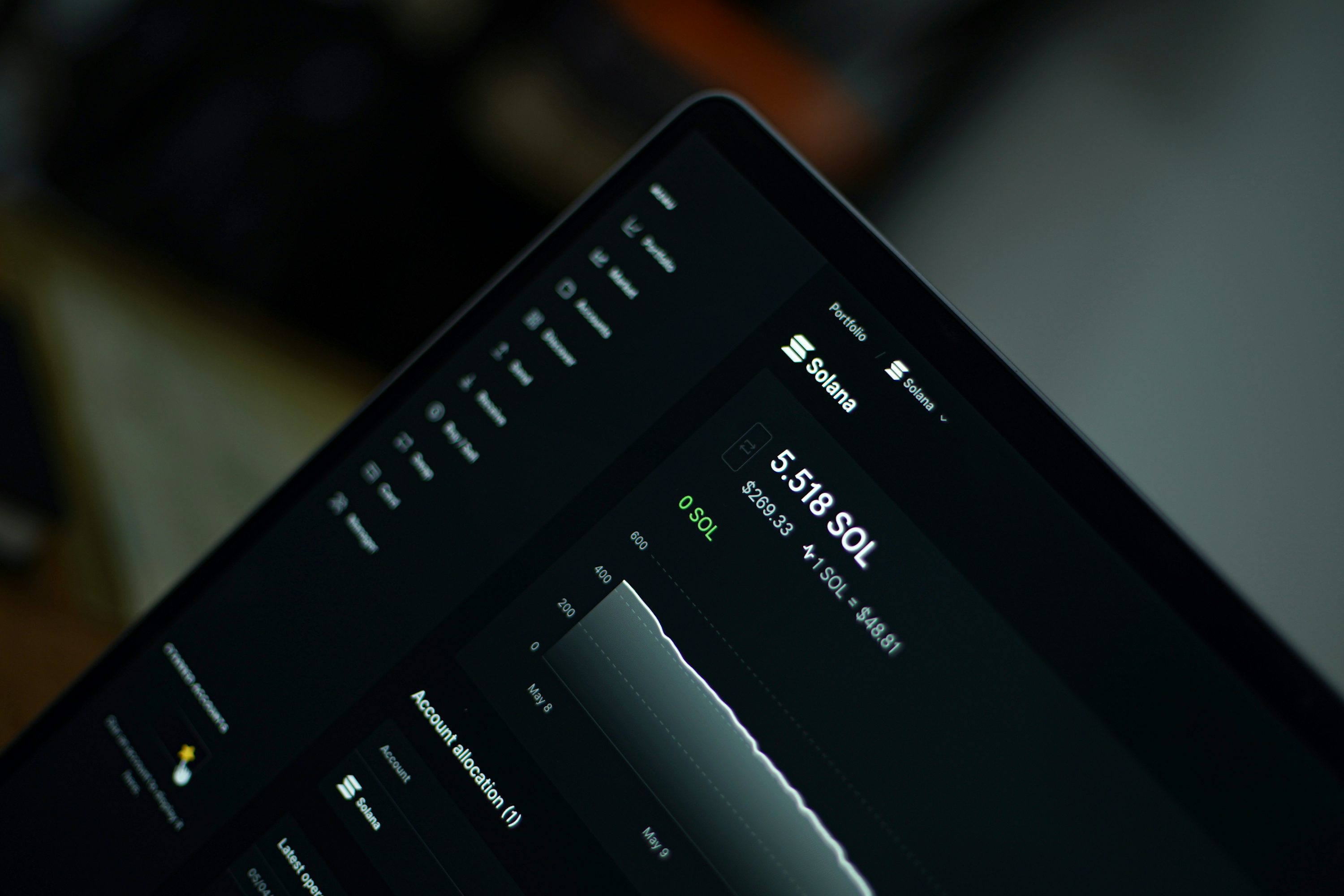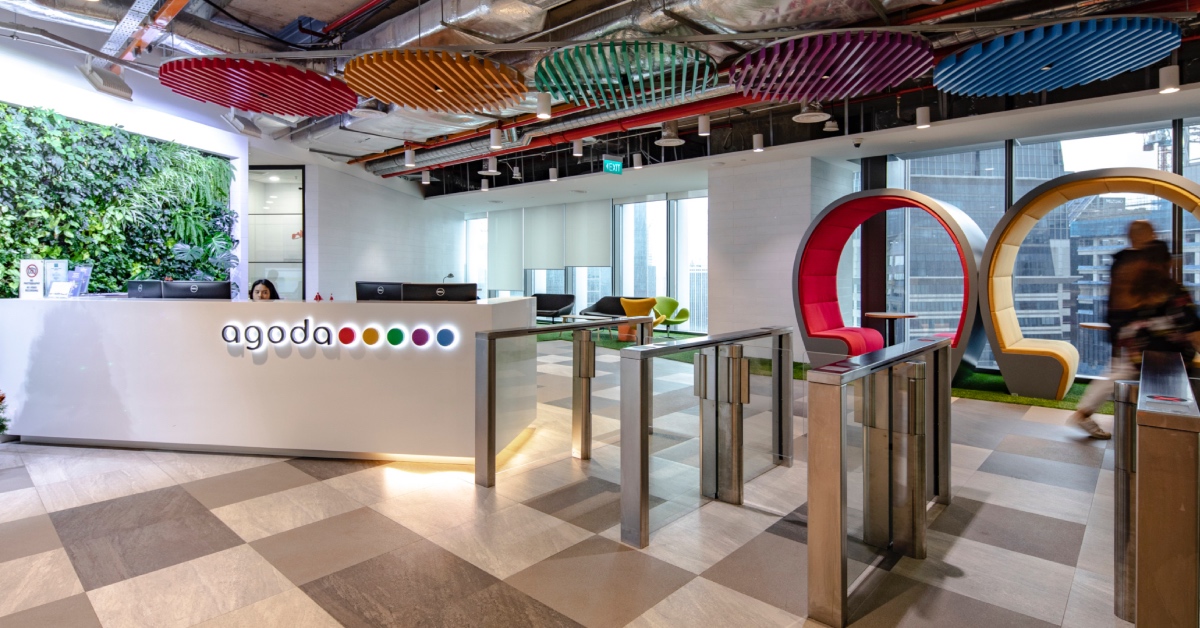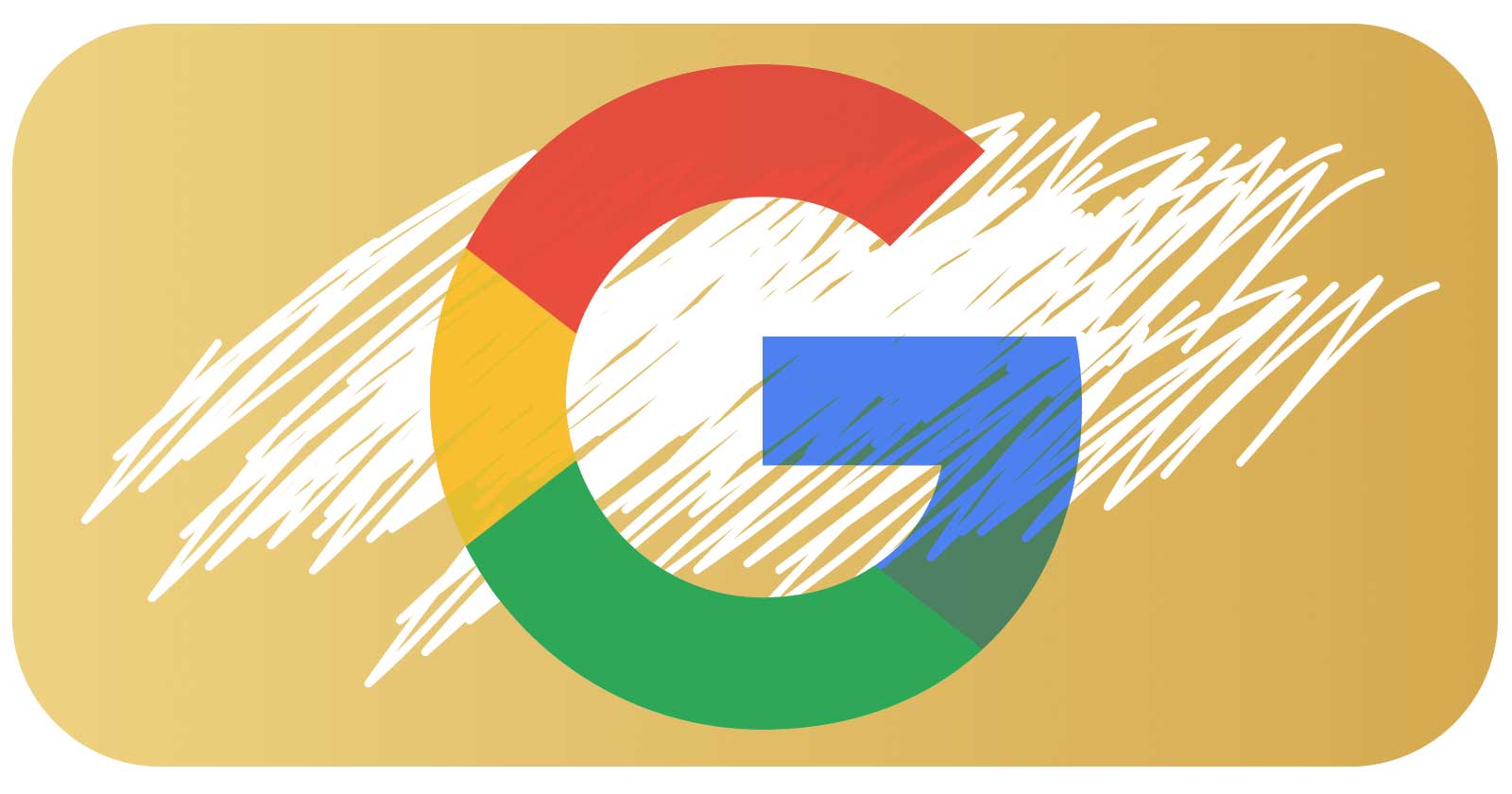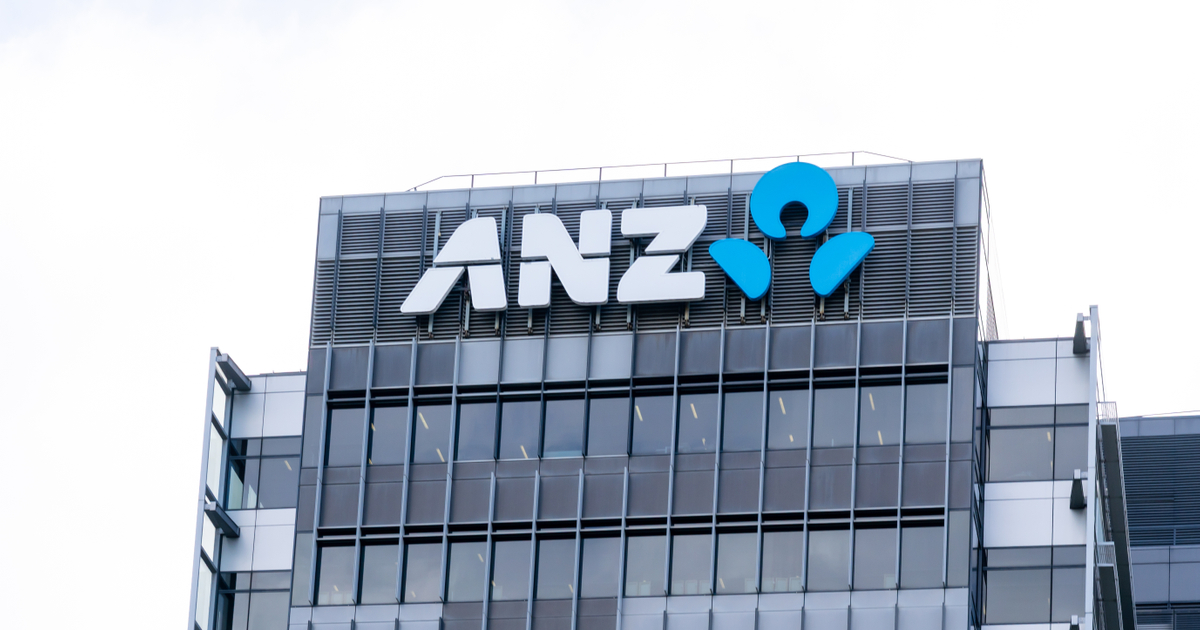Meta CEO Mark Zuckerberg looks to digital assistants, smart glasses and AI to help metaverse push
Meta is rolling out new AI software in addition to its Quest 3 virtual reality headset and smart glasses as it tries to move the world to the metaverse.
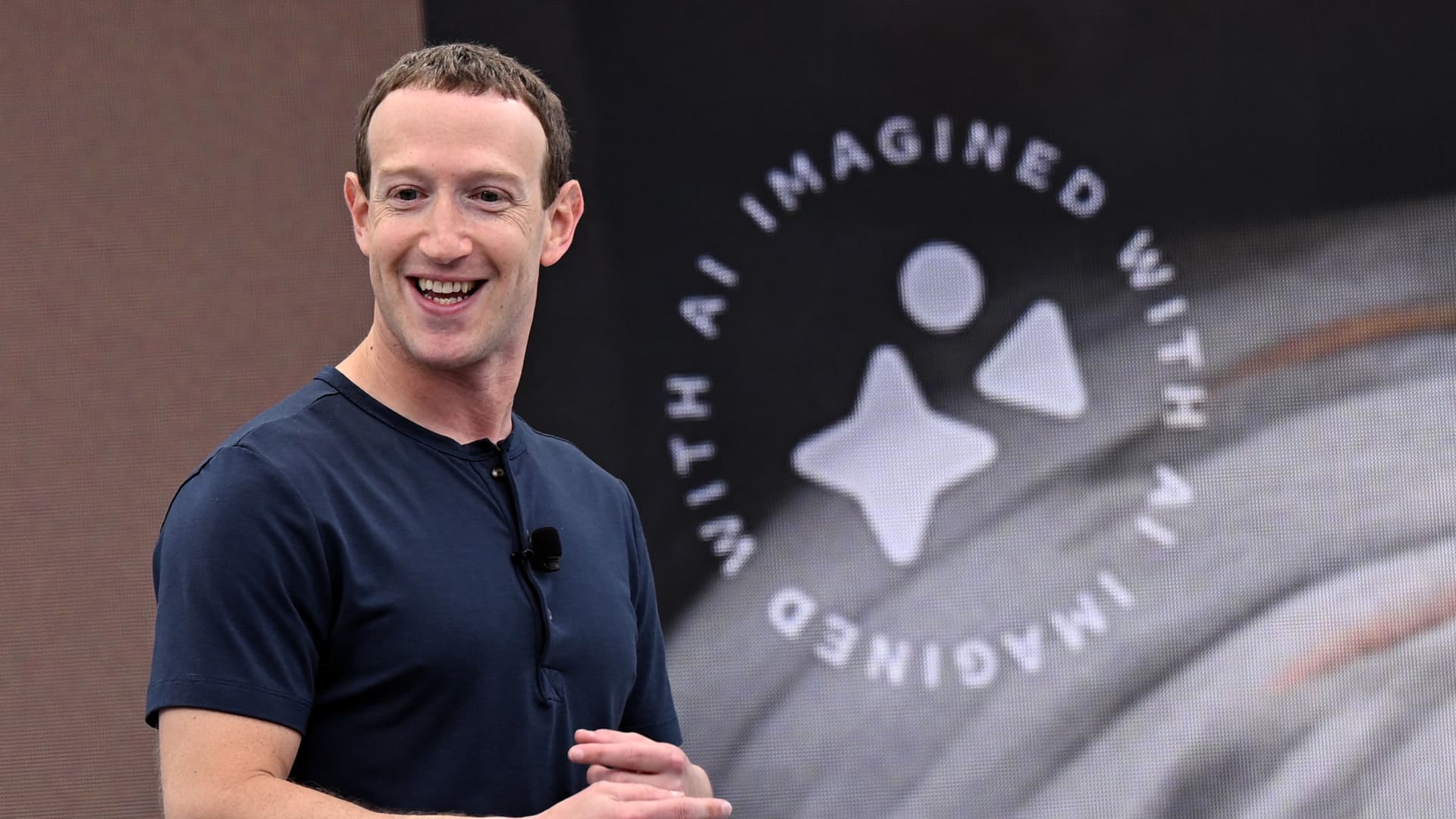
Meta founder and CEO Mark Zuckerberg speaks during Meta Connect event at Meta headquarters in Menlo Park, California on September 27, 2023.
Josh Edelson | AFP | Getty Images
Meta has new artificial intelligence tools and celebrity-endorsed digital assistants that CEO Mark Zuckerberg hopes will help to jump-start the metaverse.
Zuckerberg showed off the AI software as well as the company's new Quest 3 virtual reality headset and latest Ray-Ban smart glasses on Wednesday at Meta's Connect conference for VR developers at its headquarters in Menlo Park, California.
Users of Facebook's various chatting apps like WhatsApp and Messenger will soon be able to share digital stickers that can be automatically created via written prompts, capitalizing on the popularity of technology like ChatGPT.
Andrew Bosworth, Chief Technology Officer of Facebook, speaks during Meta Connect event at Meta headquarters in Menlo Park, California on September 27, 2023.
Josh Edelson | AFP | Getty Images
For example, users can write the prompt "pizza playing basketball" to generate a goofy looking digital sticker of a cartoonish pizza slice holding a basketball.
Zuckerberg also introduced new AI-powered editing tools that are coming next month to Meta-owned Instagram that will let users alter their photos and pictures with written prompts. He showed in a demonstration how various prompts could modify one of his childhood photos to picture him wearing an ugly sweater in one image and sporting blue hair in another. He also converted a photo of his dog Beast to resemble something akin to an origami figurine.
The company's Emu computer vision model is powering the new AI tools. He characterized the technology as a sibling to its Llama family of language-generating software. The Emu software can generate images in around five seconds, he said.
"My kids tell me it's still not fast enough, but five seconds gets to a point where you're really cooking," Zuckerberg said.
Users will eventually be able to automatically generate realistic visuals within Meta's chat tools similar to how people use the Midjourney AI app within the Discord messaging service.
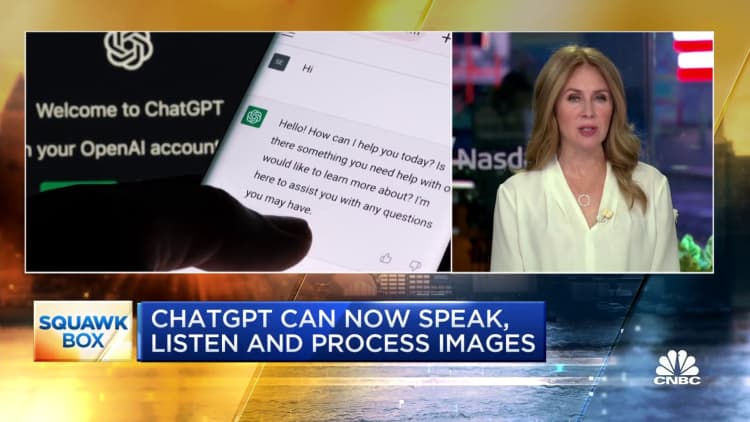
The company's new Meta AI digital assistant is like ChatGPT, which generates sophisticated answers to text queries. The digital assistant can access Microsoft's Bing search engine to help it compile responses to prompts that require real-time information, Zuckerberg said.
Meta has partnered with various celebrities like Paris Hilton, Mr. Beast and Kendall Jenner to represent digital characters. For example, users can ask a digital assistant named Lorena — played by the celebrity Padma Lakshmi — questions related to travel, and Lorena will presumably offer travel-specific tips. Or they can play a game of Dungeons & Dragons with a narrator called a dungeon master played by the rapper Snoop Dog.
Zuckerberg said users will eventually be able to create their own digital assistants, but the company wants to test that ability with select businesses before rolling it out more widely.
The grand plan is for people to interact with these AI-powered digital assistants in the company's yet-to-be built metaverse, the digital universe that's costing Meta billions of dollars a quarter as it tries to create the next-generation computing platform.
While Zuckerberg is still all-in on the metaverse, he's talking a lot more about AI than at past Connect conferences. He said the company's AI investments are linked with building the foundation for the metaverse, as illustrated by its latest Ray-Ban smart glasses developed with EssilorLuxottica. The new glasses, which will cost $299 when they're available to purchase on Oct. 17, come embedded with Meta's AI software so people can identify landmarks or translate signs when looking at various objects.
"Before this last year of AI breakthroughs, I kind of thought that smart glasses were only really going to become ubiquitous once we really dialed in, you know, the holograms and the displays and all of that stuff, which we're making progress on," Zuckerberg said.
Now, he said, "I think that the AI part of this is going to be just as important," because AI makes smart glasses more compelling.
WATCH: Meta's identity crisis


 Konoly
Konoly 












